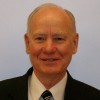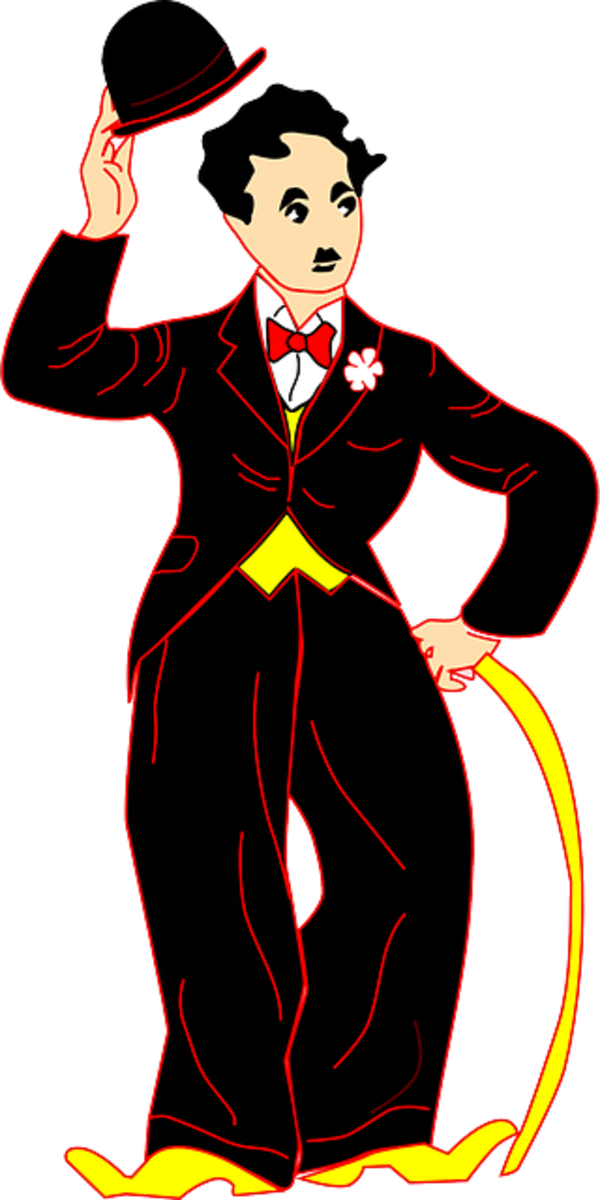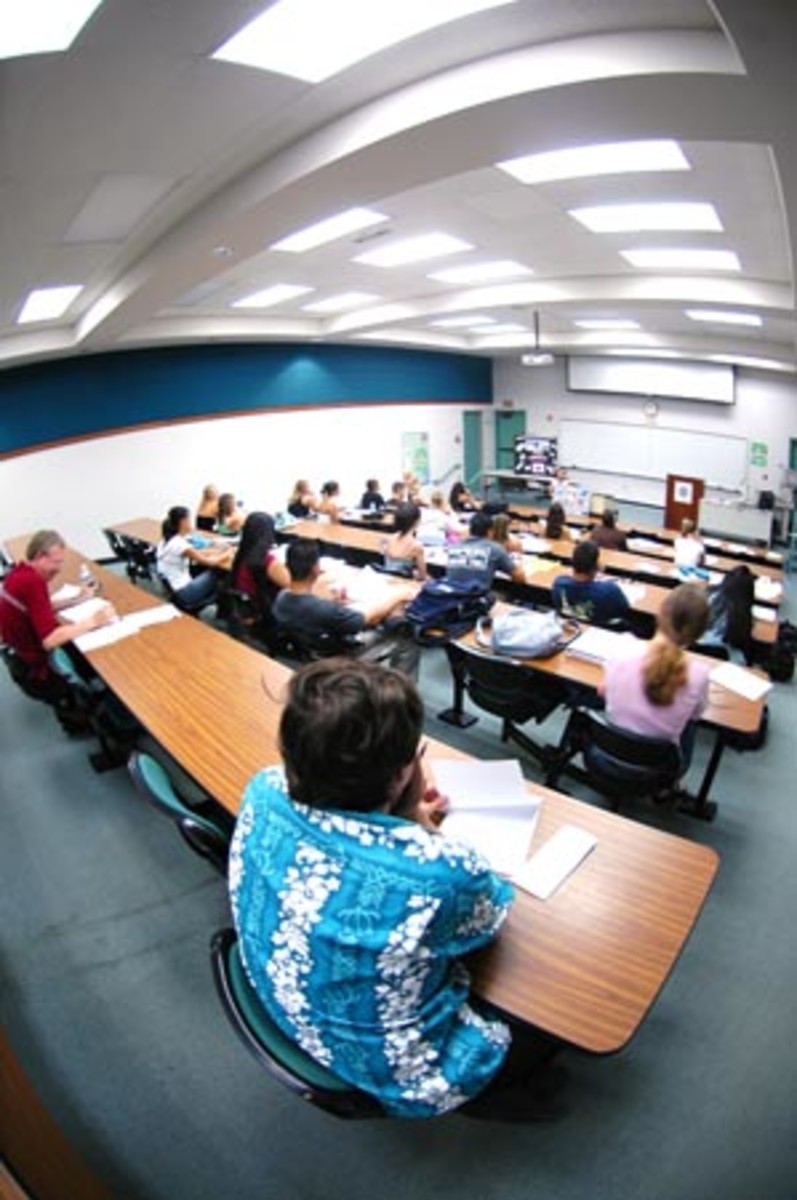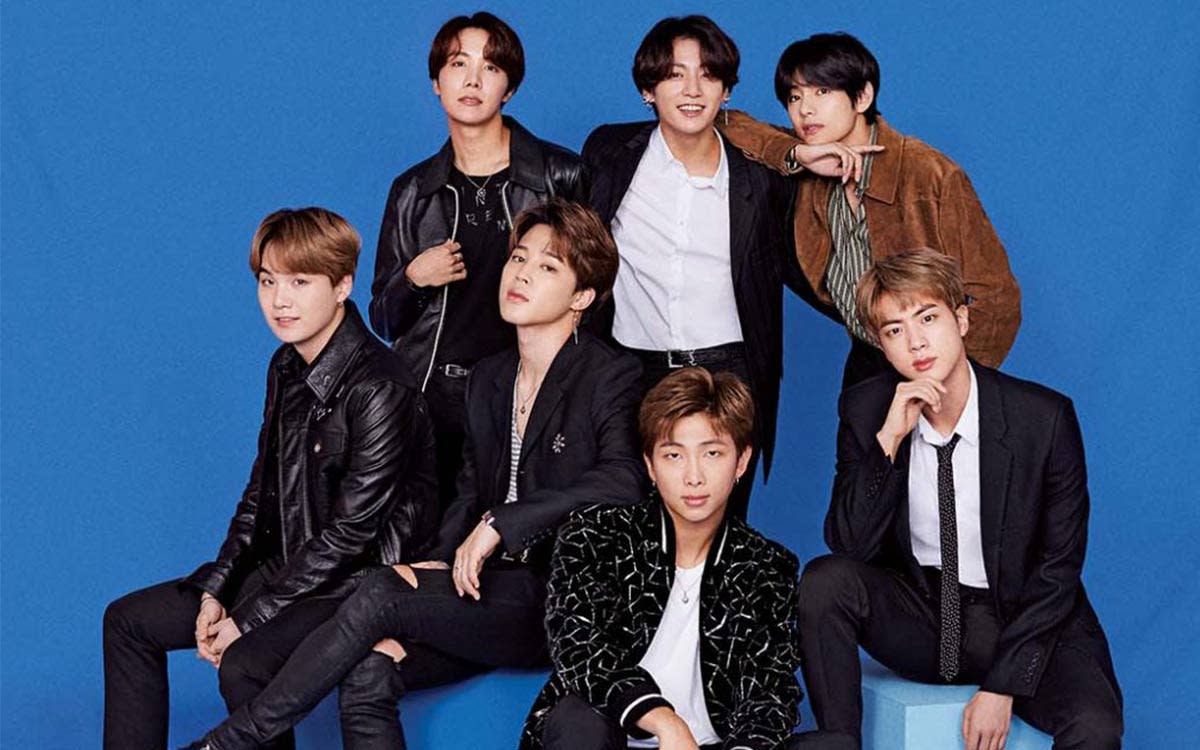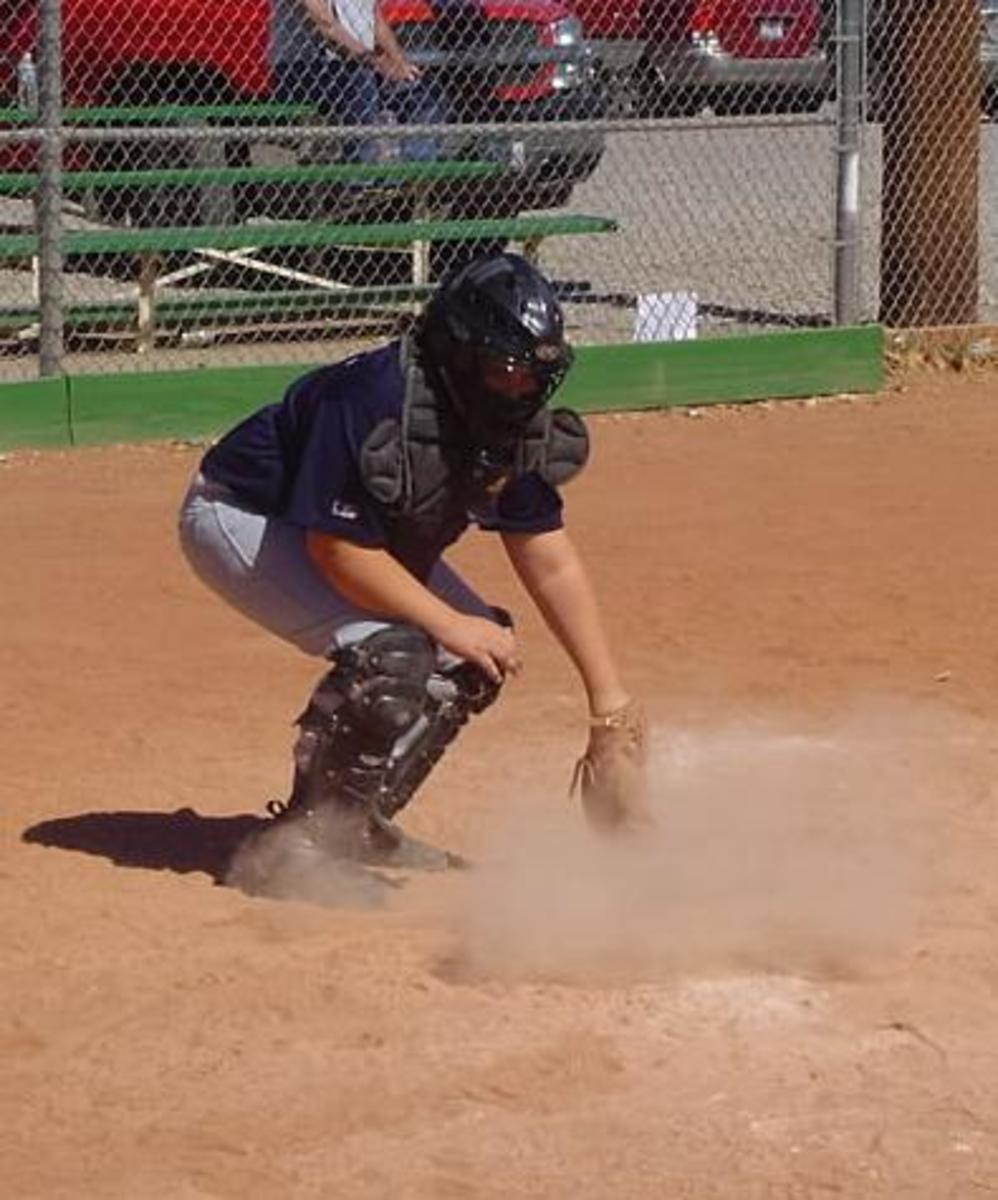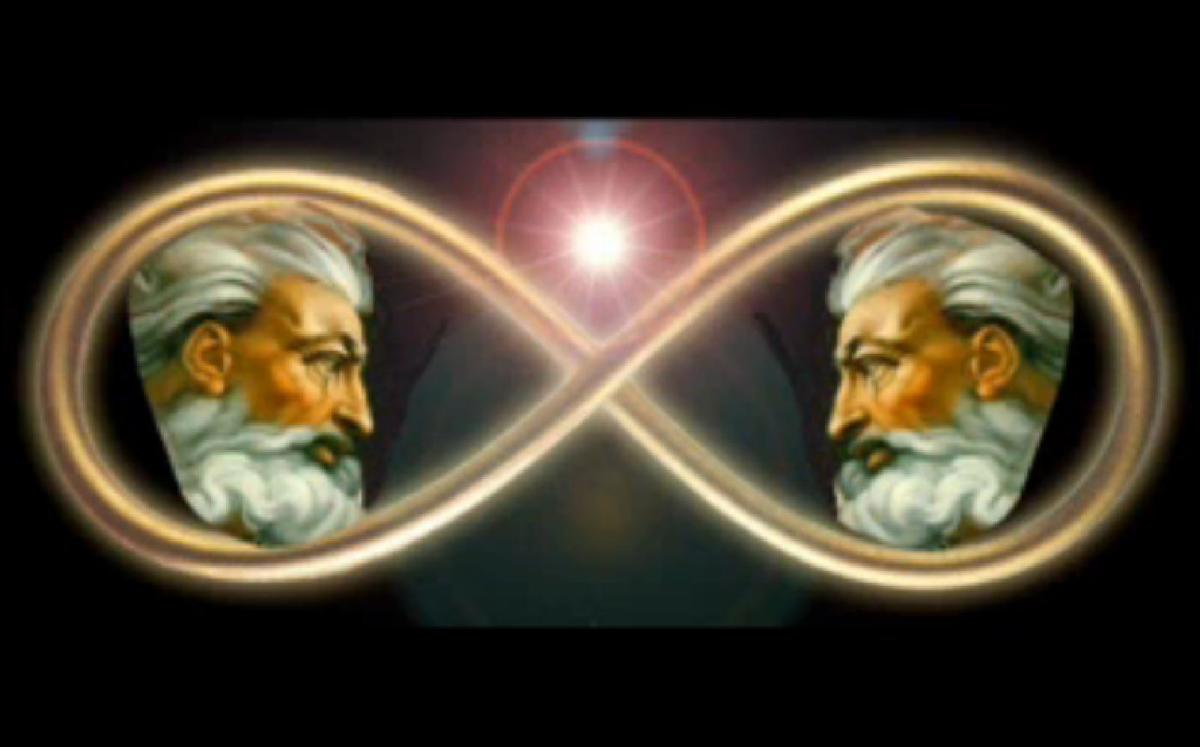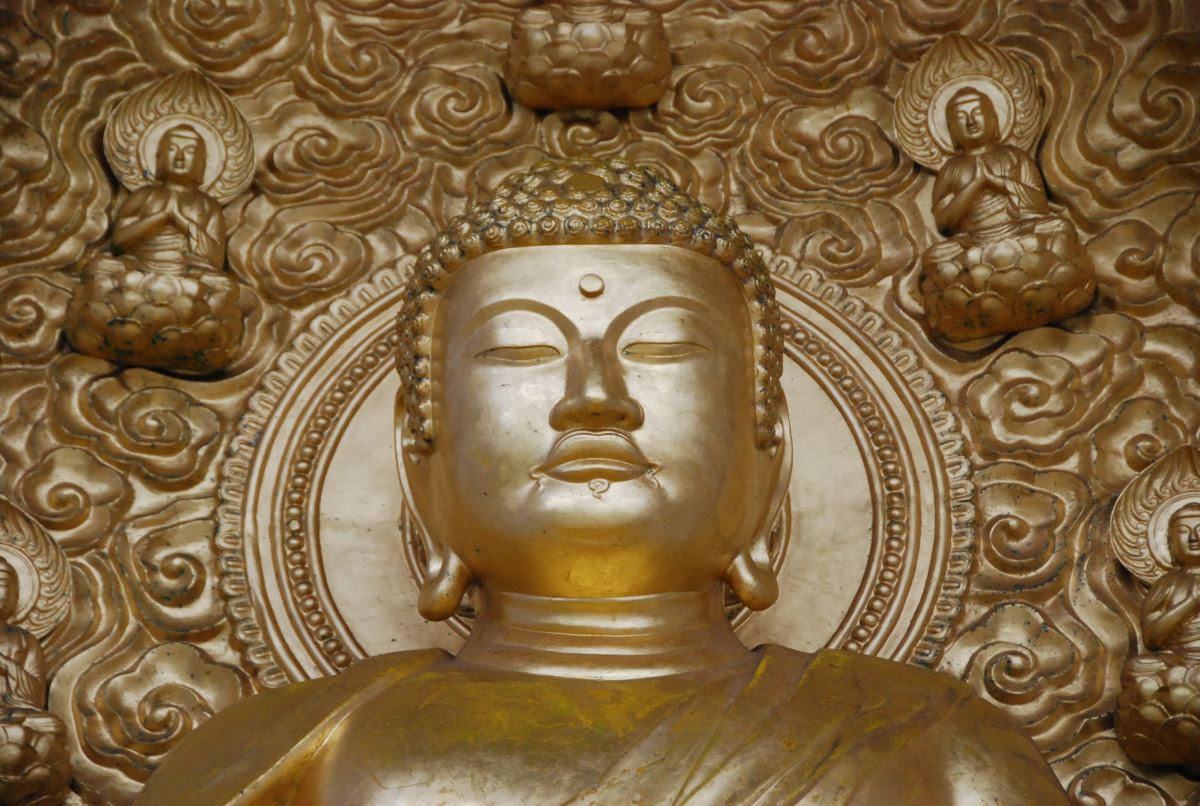Local Groups and Humanity as Everyone's Group; 4th of 10-session intro to personal creation and world citizenship
Groups of People and World-Creation
1. Just as individual persons share decisively in the creation of their own individual worlds, so do groups of people also share decisively in the creation of the world in which they, and their members, live and function.
2. Starting with two friends walking together along the banks of a favorite river or beach or park, or with bold or shy lovers, happy or unhappy married couples and small or growing families, or with neighborhood churches, social clubs, schools, political parties, business firms, factories, professional organizations, and every other manner of special-interest group, we eventually arrive at local, state, and national governments, then international organizations like the Red Cross or the United Nations, or traditional religious structures like the Roman Catholic Church, which may be called "world-class groups" because they directly touch the lives of vast numbers of people in all parts of the world.
3. Each of these groups, at each of its levels, creates, in effect, its own unique vision and interpretation of the world, as it is and as it thinks it should become, whether consciously or unconsciously, whether expressed in a private series of memos, or in public manifestos, constitutions, or sacred scriptures, or merely understood by common, unstated agreement between its various leaders and members.
4. Each group's worldview, usually central to its understanding of its own identity, purpose, and function, can and does interplay with the same broad range of circumstantial external factors as does each individual person's world-view, with the additional enrichment and complexity of everything involved in group psychology and group dynamics.
5. Important research continues to accumulate able to dramatically improve understanding of how groups get started, grow optimally, and achieve their goals most effectively, but no one so far [orig. written in 1974-85], to my knowledge, has succeeded in providing a clear, generally compelling focus or philosophy for integrating all this research and making it accessible to the new group leaders who need it most and could improve the quality of life if they had it, not only for their own groups, but for everyone else as well. [We invite fresh input on this point, as on all others.]
6. Thus the phrase "creation of the world" refers in just as dramatic a way to the world as visualized and created by different groups of people as it does to the creative activity of different individual persons (as described in session 2).
7. One special grouping, however, is so all-inclusive, and so wide in its scope and power and possibilities, and has so much potential for diversity and change, that it brings the phrase "creation of the world" into a totally new perspective, because in one important sense, this group is the world being created at all other levels.
8. For "the creation of the world" also refers in a larger sense to the emergence in the second half of the 20th century of a new general world community in which all people, from all diverse national, cultural, social, and religious backgrounds, are being forced by a shrinking world to come to terms with each others in a more comprehensive and mature interaction than was ever necessary, or even possible, in times past.
9. Accelerating technological advances in communication, transportation, and health, along with such new factors as the dramatic increase in population and people living past 50 years of age, have quite simply created a new situation with humanity that not only challenges traditional forms of personal and social alienation, elitism, and unnecessary bondage to now obsolete past limitations, but also opens the way uniquely to construction of a world community and comprehensive world civilization in which abundant lives of creative responsibility and happiness can potentially be enjoyed by all persons in all places.
10. The results and implications of these "shrinking earth" phenomena will probably become firmly embedded in the structures of most world-class organizations during the next 50 to 100 years. The constitution of this "new world," in effect, is now being written by the composite actions and inactions of every group and every individual person in the world today.
11. Many characteristics of this emerging new world community remain undetermined and thus susceptible to influence from people who take the time to input intelligently into the world-creative processes taking place. In this case, "no input" becomes perhaps the most radical and decisive input of all, because the input of default turns a creative person into a mostly passive, by-standing participant in the most decisive things happening in the world in this generation.
12. These three levels -- the individual, the small and large groups, and the world community encompassing all of humanity -- may readily be seen to work together, because each person's individual world, however isolated, invariably touches other people with whom they have, or expect to have, significant social relationships.
13. Even the most innocent actions and interactions spread out through society like a sensational rumor, touching other people in a sequence of personal associations and events that leads eventually all over the world, sometimes through a most unlikely, unforeseen, and unforeseeable sequence of connections.
14. But how can people in general fully embrace the concepts of world citizenship, or even of humanity as a whole, with all their stark and rich diversity and challenge, without betraying their own unique and individual cultures, their own firmly established and beloved traditions of faith and behavior?
15. Please join us next Monday for session 5 of 10 in this introductory course, when we will turn our full attention to this perplexing issue of loyalty to overlapping groups, and offer one possible way to conceptualize an effective answer and response.
Workbook Exercises (optional for auditors, required for credit)
1. For your own use, make a list of all the groups to which you belong, participate, or otherwise contribute. Estimate how many people are involved at the different levels and put them in order from most local to most world-class to universal. Then rate them on a scale of 1 to 5 as to how active and influential you are in each of them (0 none, 1 little, etc. up to 5 as a key leader).
2. Describe a personal experience that noticeably opened your eyes in a new way to the world beyond your immediate home, neighborhood, country, religion, or culture. First make an outline or brief summary in words, and then finish with the media of your choice, or most effective for you, whether discursive essay, narrative account, poetry, music, art, sculpture, or other form of communication.
3. With the aid of your local public or community college library, or the Internet if necessary, identify three major studies of human groups since George C. Homans published The Human Group (Harcourt, Brace & World, 1950). Try to discover and write into your notes as many as you can of the leading ideas of each work in a reasonable period of time.
Thank you for attending this free Internet class, and thanks to all who have responded or otherwise supported or encouraged our educational work.
________________________________________________
Copyright 2012 by The Max Havlick School, Villa Park, IL 60181-1938, all rights reserved. To register for this course, or contact us for any reason, go to our Profile Page on HubPages, click "Fan Mail," then "Send Email." We keep all contact information in the strictest confidence.
